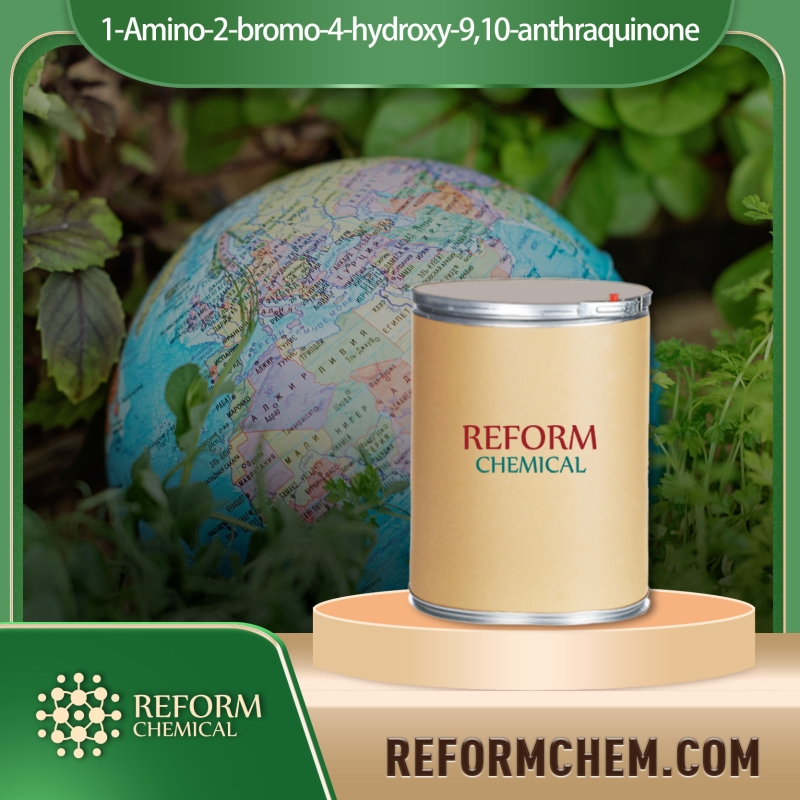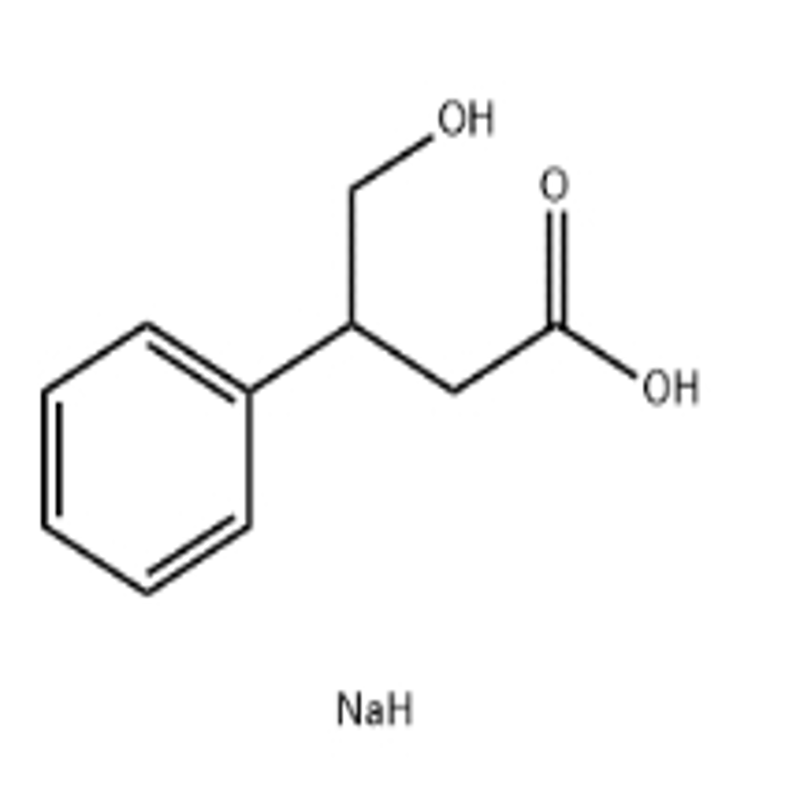-
Categories
-
Pharmaceutical Intermediates
-
Active Pharmaceutical Ingredients
-
Food Additives
- Industrial Coatings
- Agrochemicals
- Dyes and Pigments
- Surfactant
- Flavors and Fragrances
- Chemical Reagents
- Catalyst and Auxiliary
- Natural Products
- Inorganic Chemistry
-
Organic Chemistry
-
Biochemical Engineering
- Analytical Chemistry
-
Cosmetic Ingredient
- Water Treatment Chemical
-
Pharmaceutical Intermediates
Promotion
ECHEMI Mall
Wholesale
Weekly Price
Exhibition
News
-
Trade Service
The use of Carbon in the chemical industry has been a subject of concern for many years.
Carbon is a key component in many chemical compounds, and it is widely used in various industrial processes.
However, the safety of using Carbon in the chemical industry has been called into question due to its potential to cause harm.
Carbon is used in the chemical industry in various forms, including coal, coke, and graphite.
These forms of Carbon are used as a reactant or a catalyst in many chemical reactions.
However, the use of Carbon in these reactions can lead to the formation of harmful by-products, such as carbon monoxide, dioxide, and other toxic gases.
These by-products can have serious health implications for workers in the chemical industry, and can also harm the environment.
Another concern is the potential for Carbon to cause fires and explosions.
Many chemical reactions that involve Carbon produce heat and explosive gases.
These reactions can cause serious damage to equipment and infrastructure in the chemical plant, as well as pose a risk to the safety of workers.
The potential for harm from Carbon in the chemical industry has led to increased scrutiny and regulations in recent years.
Governments and regulatory agencies have implemented safety standards and guidelines for the use of Carbon in chemical reactions.
These standards require chemical plants to implement safety measures, such as ventilation systems and emergency protocols, to minimize the risk of accidents and fires.
Despite these efforts, the use of Carbon in the chemical industry remains a potential source of harm.
Therefore, it is important that chemical plants continue to prioritize safety when using Carbon in their operations.
This includes proper training for workers on the safe handling and use of Carbon, regular inspections and maintenance of equipment, and the implementation of emergency protocols in case of accidents.
In conclusion, while Carbon is a necessary component in many chemical reactions, its use in the chemical industry can also pose a risk to the safety of workers and the environment.
Therefore, it is important for chemical plants to prioritize safety when using Carbon and to adhere to regulatory standards and guidelines to minimize the risk of harm.
With proper safety measures in place, the use of Carbon in the chemical industry can be made safer for workers and the environment.







